School Board postpones discussion on school start times
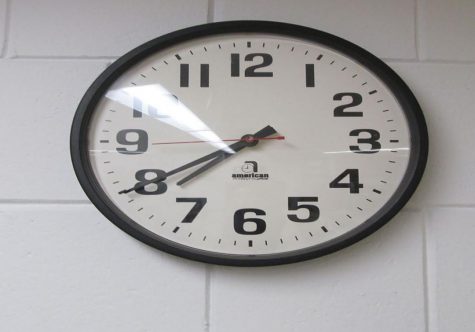
Pressure from students and parents at Stillwater Area High School led the school board consider changing the high school’s start time from 7:40 to 8:30 a.m. However, after looking at the issue for several years, the school board decided to delay the change, initially scheduled to be implemented in the 2019-2020 school year.
The push to change Stillwater’s start time follows a University of Minnesota study showing improved academic performance with later start times. The study followed students from Edina and Minneapolis high schools, both of which recently changed their own start times. The study found several positive changes including a, “Significant increase in attendance for [students] at all Minneapolis high schools.”
Despite this research, school administrators were cautious while considering the changes. Ultimately, during a meeting on March 8, the school board concluded that the district was not yet ready new start times.
“I feel like we just went through one of the most difficult years any district can go through with the amount of changes we went through last year,” board member Sarah Stivland said in a post to the school’s website. “We haven’t even gotten to the new normal yet from the changes we did at the beginning of this year. I think we should put this decision off for at least another year.”
The school board came to this conclusion after considering the negative impacts a late high school start would bring. One of the challenges they looked at was how it would affect other schools in the district. Starting high school classes at 8:30 a.m. would require other schools in the district to change their own start times. In order to deal with this challenge, the school board drafted a complicated multi-tiered busing proposal.
“The preliminary proposal would provide four tiers of busing, The first tier schools would begin before 8 a.m. and the high school (tier two) would start around 8:30 a.m. The remaining elementary schools in tier three would start after 9 a.m. and charter and non-public schools in tier four would likely begin by 10 a.m,” the school board explained on the SAHS website.
I think it’s a pretty smart thing to do because biologically teenagers need to go to sleep later. I think for sports it’s not really that big of a deal because for athletes there is always time to do work. If we are up late anyway we might as well be doing work.
— James Kurtz
Delayed start times would also create conflicts at the end of the day. Shifted class times could cause students to miss more class for out of school activities than in the existing system. Additionally, it could cause games and performances that do not currently effect classes to cut into school hours.
“Most athletes at our high school are good students and would still be able to balance their schedules. For this reason, while the changes might require them to work a little harder I don’t believe it would affect their abilities to be in sports. On the other hand, for students already on the margins this may push them to the point of needing to choose between sports and their academics,” Assistant Principal Aaron Drevlow explained.
Students at the high school have conflicted opinions about the changes. While many are concerned about the challenges, most still support the concept of a later start time.
“I think it’s a pretty smart thing to do because biologically teenagers need to go to sleep later. I think for sports it’s not really that big of a deal because for athletes there is always time to do work. If we are up late anyway we might as well be doing work,” senior James Kurtz said.
Ultimately, school officials acted to stall the proposal only because they were not prepared to address the changes now. Even though the school board decided to postpone changing start time, administrators still understood its potential benefits.
“It is understood that for developmental reasons high schoolers get better sleep at the later times. Moving the start times could help increase school attendance, it could help reduce traffic incidents and it could really help increase the academic prowess of our high school,” Drevlow explained.

Levi Gregg is a copy editor and is a junior who writes in the news department. He is the chair of Youth For Sustainable Solutions, he is in track and...


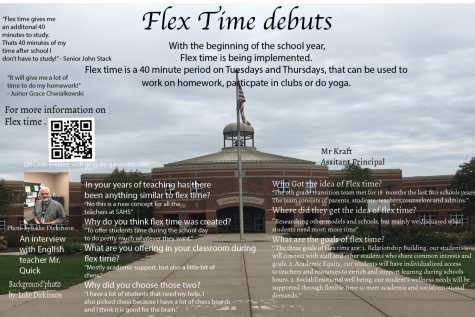
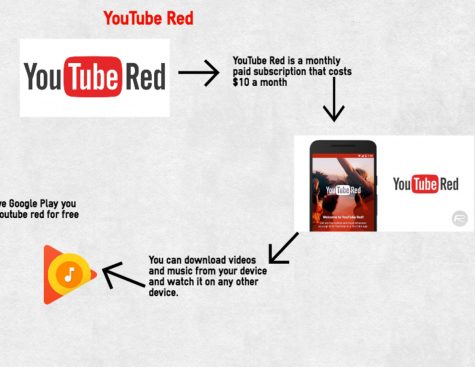
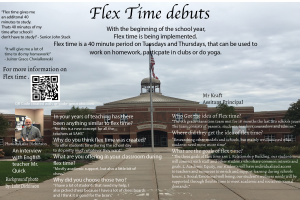

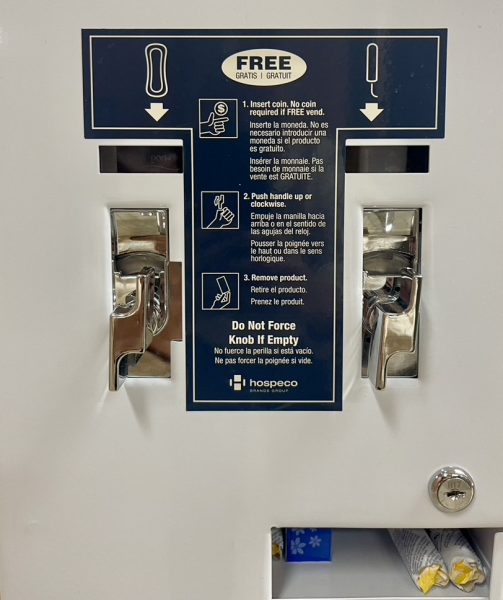
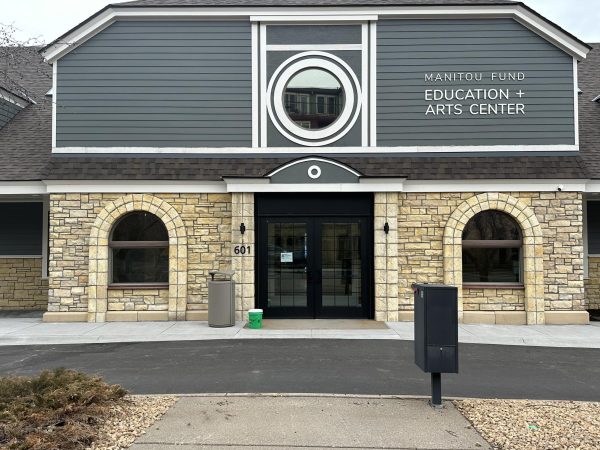
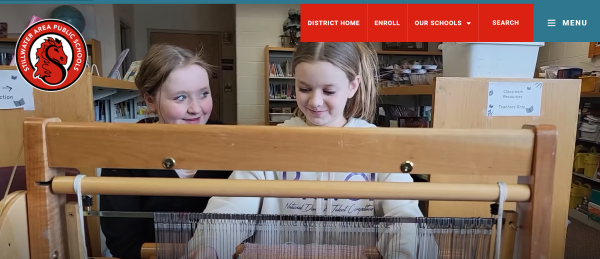

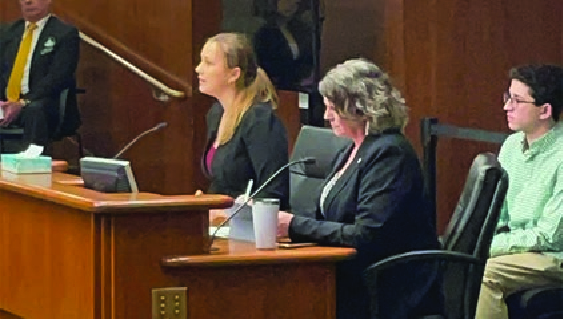

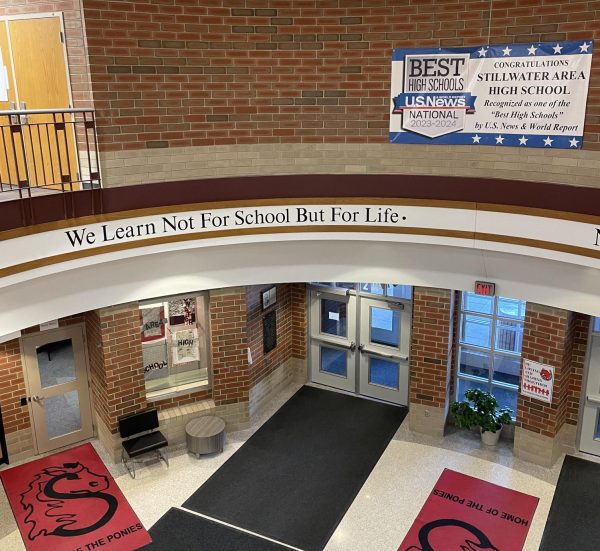

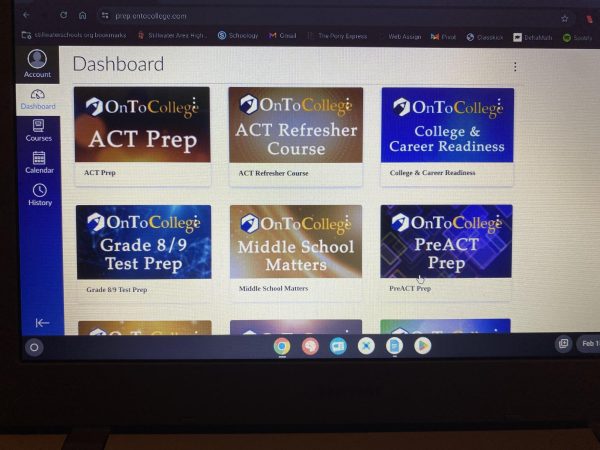
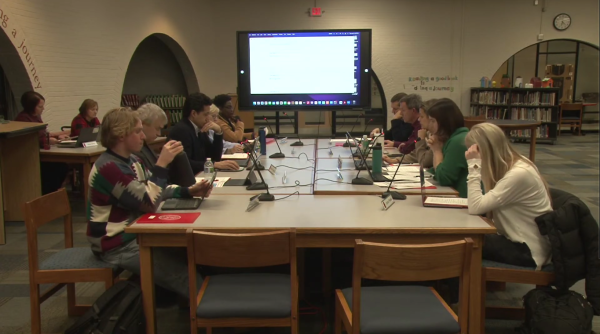
Michelle Burton • Apr 24, 2018 at 7:56 am
This article was very well put together and it has a lot of information to it. The quotes you got really helped your article and were very effective.
Ellie Faeth • Apr 23, 2018 at 10:09 pm
There are a lot of diverse and long quotes used, which really brings out the detail of the story that is typically wouldn’t be a very interesting topic. By showing how students may be affected and what board members and staff think, the story and idea of changing start times becomes much more intriguing.
Paxton Watson • Apr 22, 2018 at 6:17 pm
The article was very well written and the quotes supported the article nicely. I thought the links helped me have a better understanding of the subject too.
Katherine Poor • Apr 22, 2018 at 1:41 pm
The facts and times were very helpful. I also liked how you used so many quotes to convey what the thoughts of everyone in this decision. Really nicely written.
Hunter Hippel • Apr 22, 2018 at 1:20 pm
I like how this story was very quote based. However, I would have liked more student opinion, and more primary source information rather than info taken from a post on a website. There was also a little bit of opinion at the end. A good, informative article though.
Max Kennedy • Apr 9, 2018 at 10:15 pm
Your article was very well structured and informative and I believe people will be well informed when they read this because for every quote you gave facts followed up by student opinion. I was confused about what would happen and why it was so hard to move start time but your paragraph where you explained all the things that needed to be changed on top of our new school all made sense.